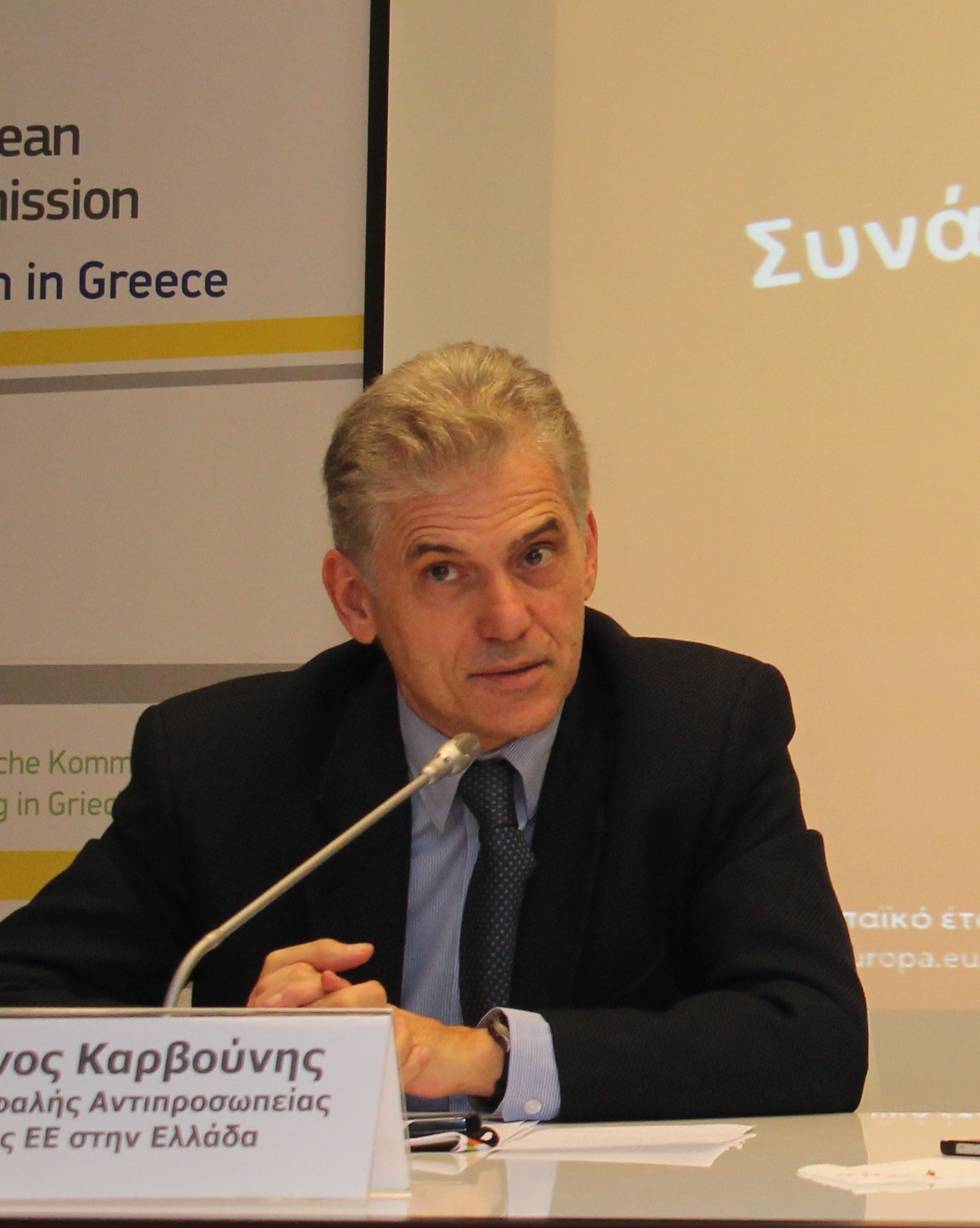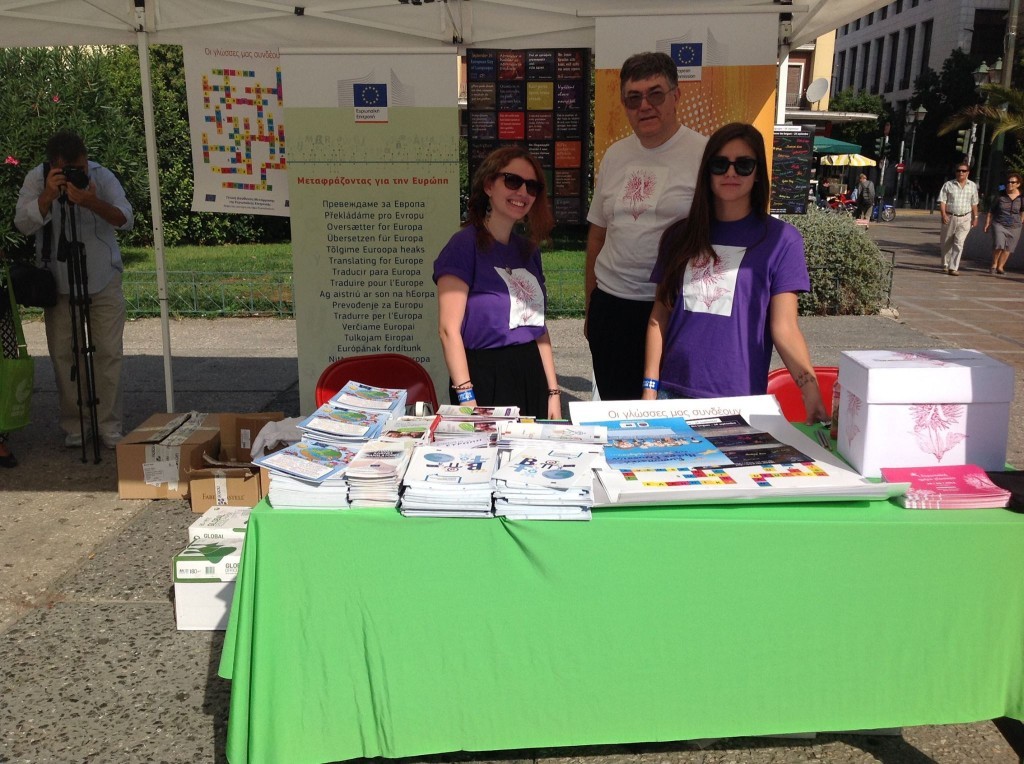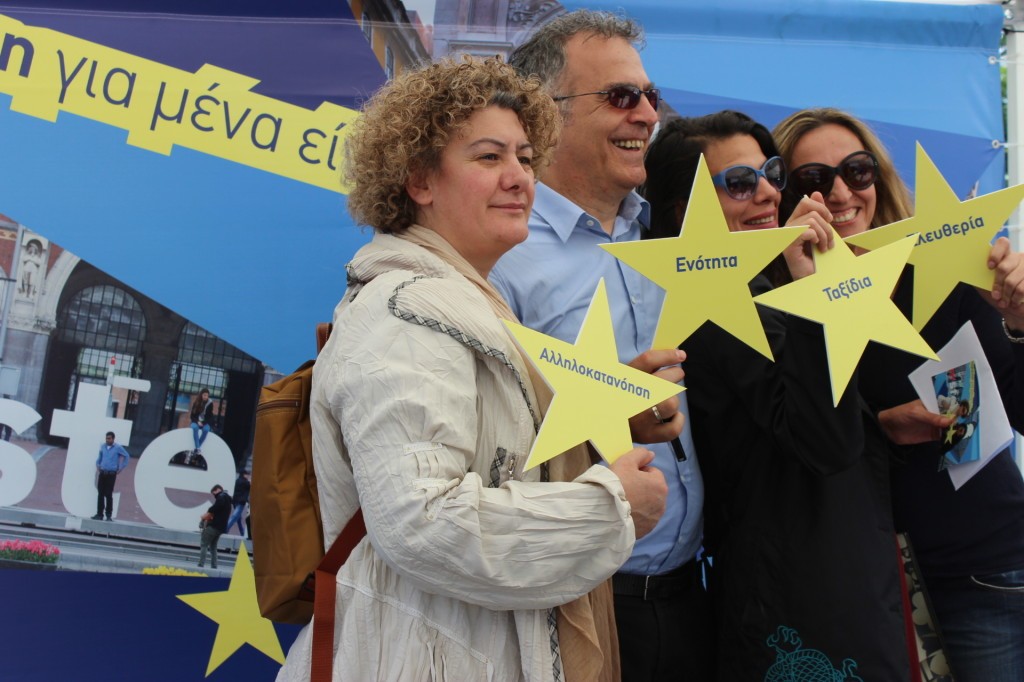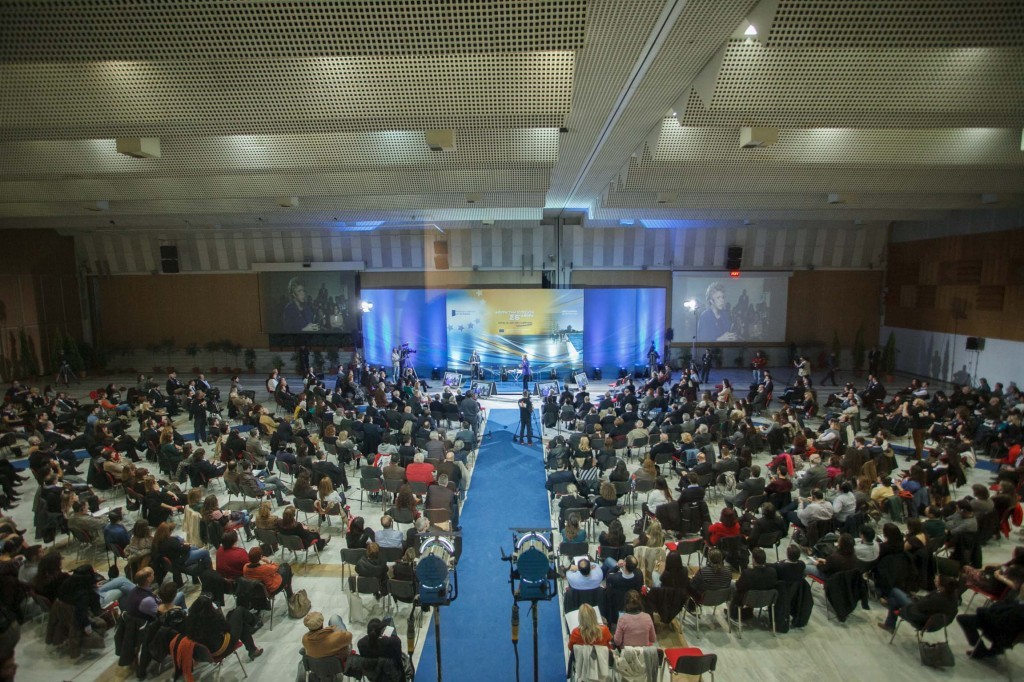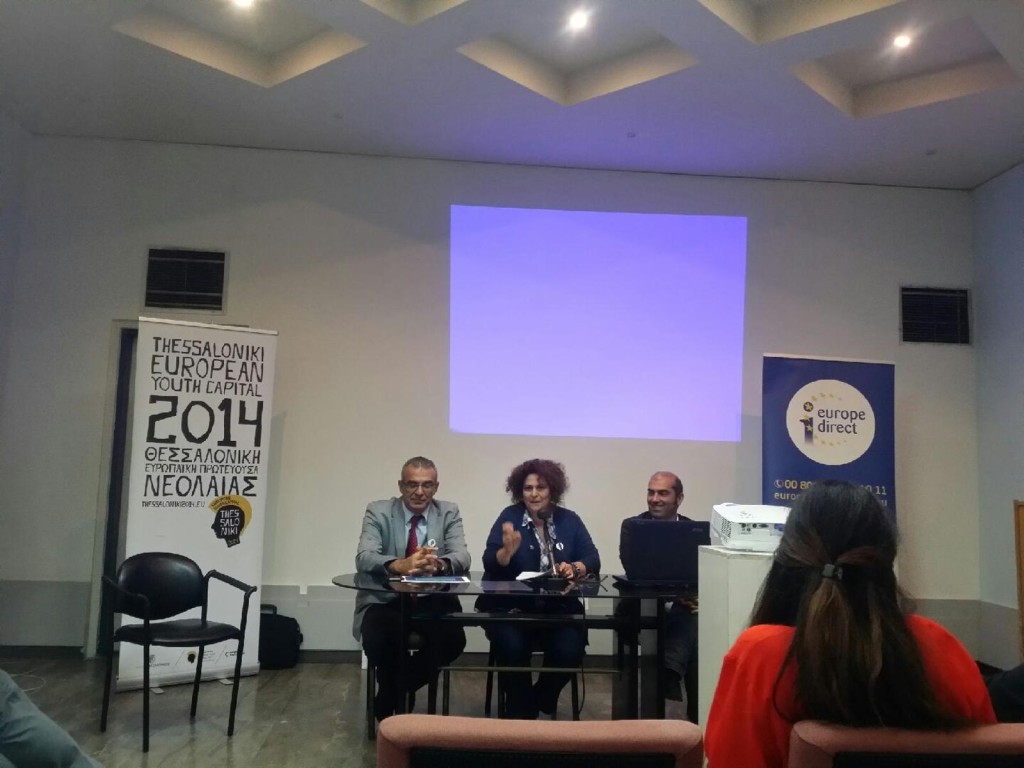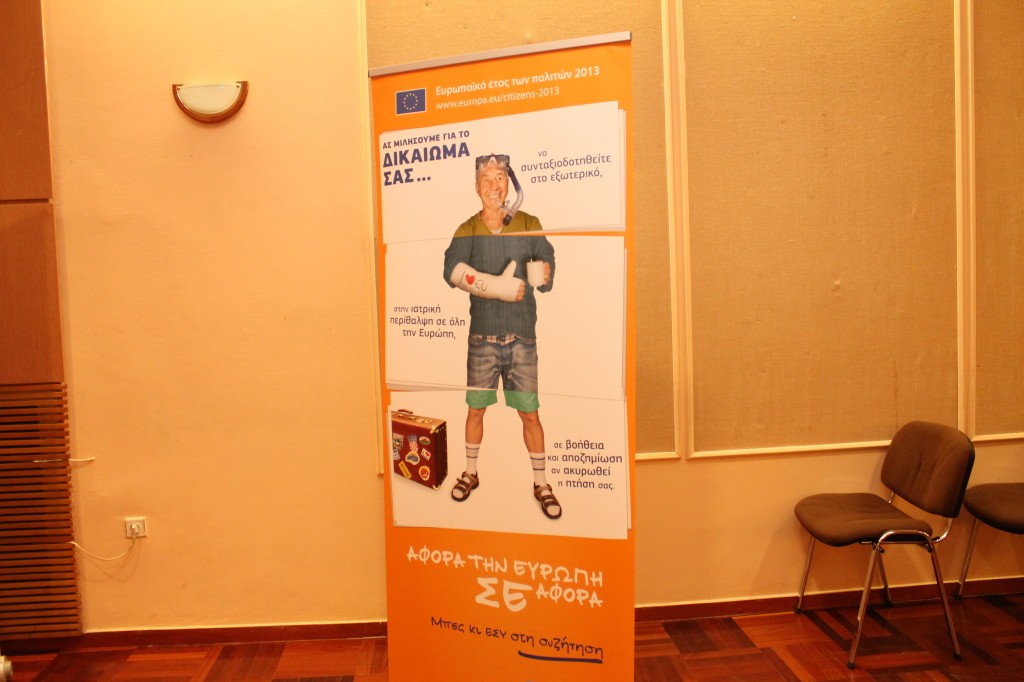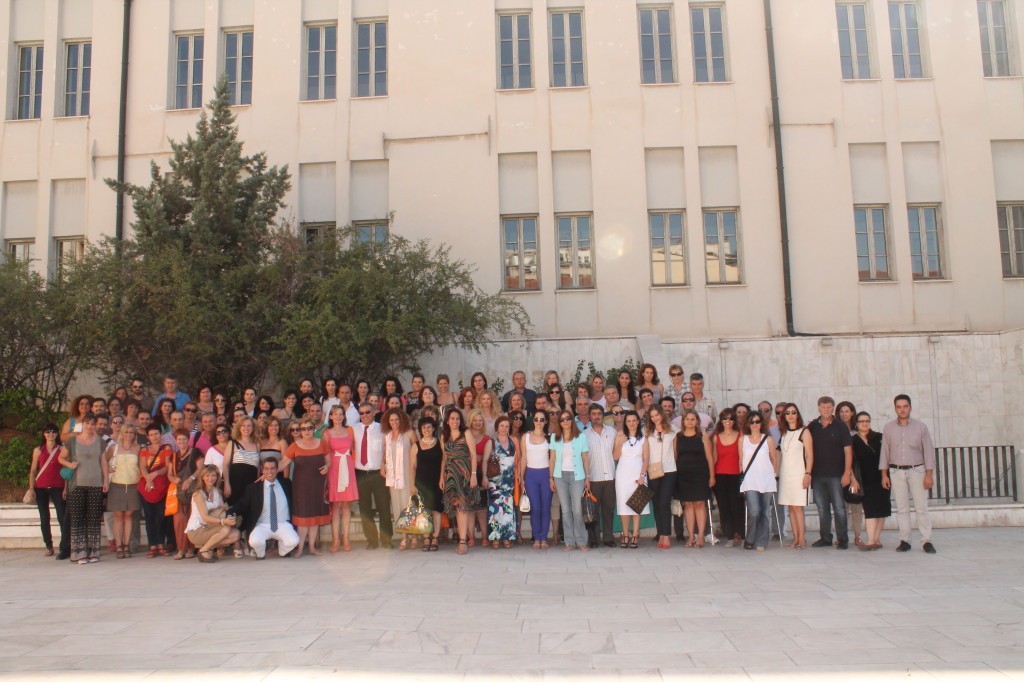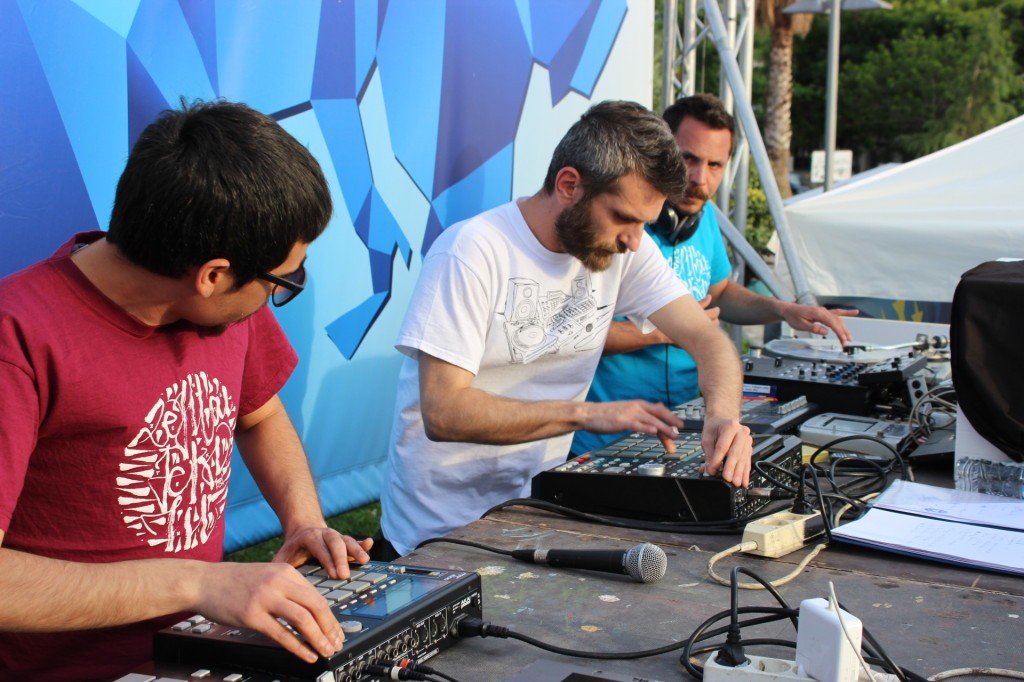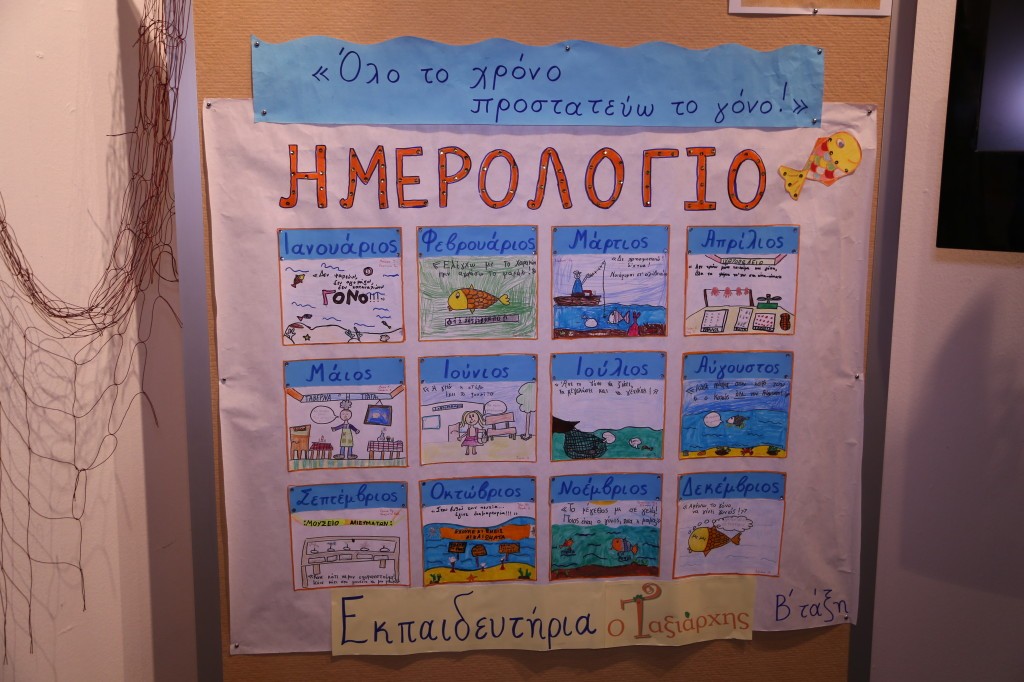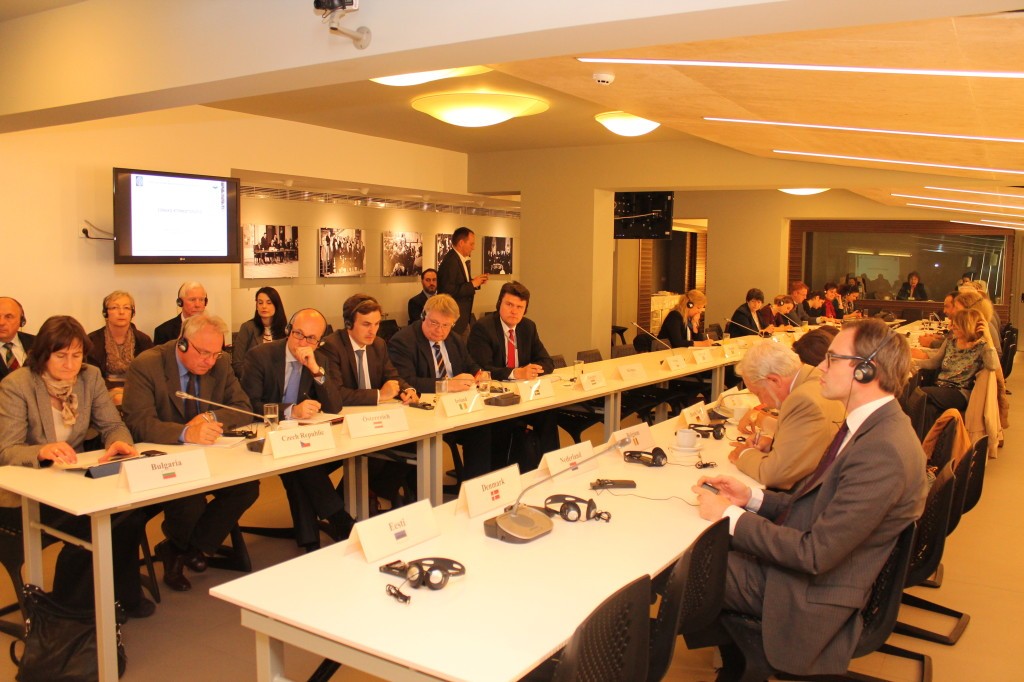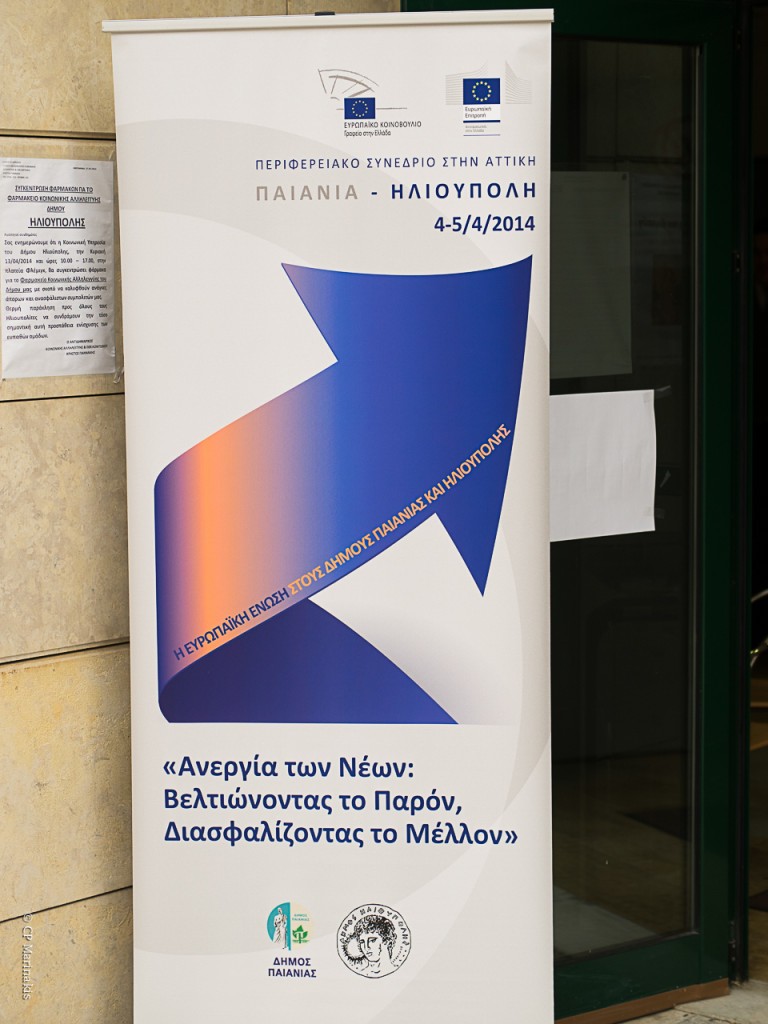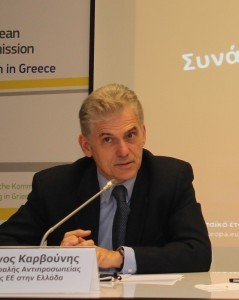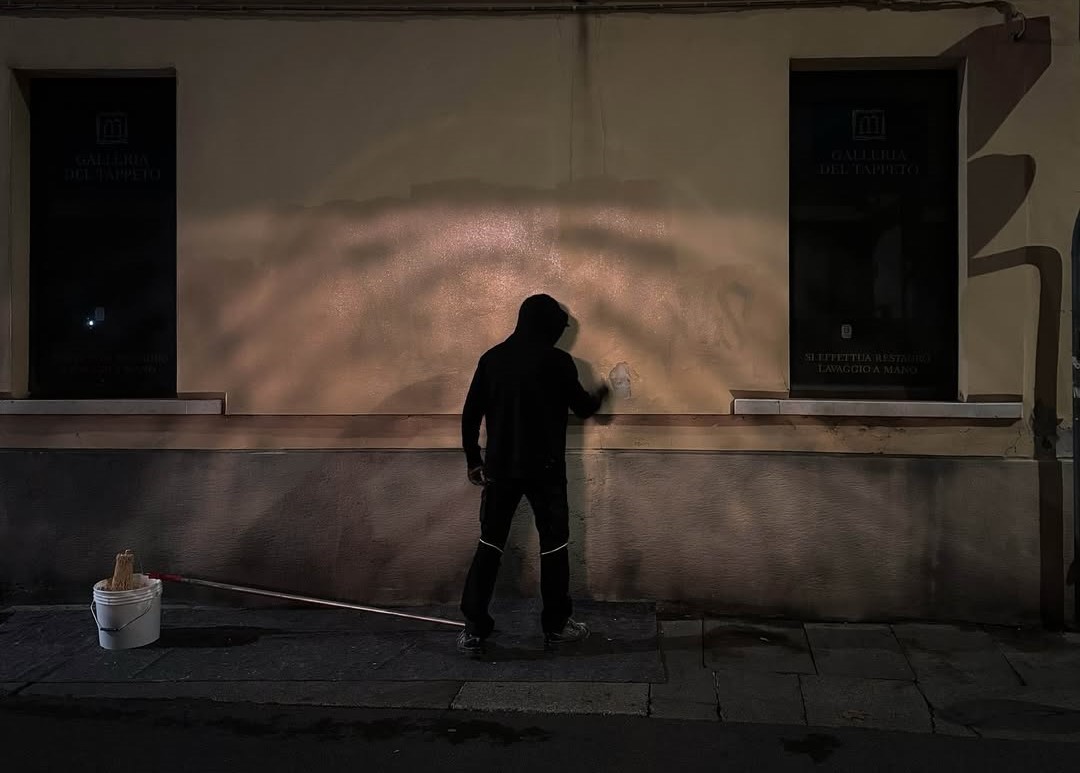By Panos Carvounis, Head of the Representation of the European Commission in Greece
I came to Greece at the end of 2010. The crisis had already started and the European Union’s popularity was declining very quickly. I have worked for the European Commission for 32 years. However, I do remain a Greek national. Hence my job here is both a challenge and an opportunity to assist redefining the country’s relationship with the Union. After all, recent Eurobarometers demonstrate that Greeks want to stay in Europe, but, as many other Europeans, they want Europe to change!
The Representation of the EC in Greece is the official representative of the European Commission in Greece. In this capacity not only do we support the EC President and Commissioners, mainly when visiting Greece, but also and most importantly we act as interlocutor between Brussels and Athens, between the EU institutions and the Greek public.
The challenges are many. The economic crisis has further deepened the polarisation of the economic and political environment. Our country has not always been eager to take ownership of measures and reforms and rather approaches them as necessary evil. There is a general feeling of dissatisfaction, anger and disappointment.
However, over the years, the Representation has built excellent relations with Greek political and media players and has established channels of communication with national, regional and local authorities as well as media, stakeholders, multipliers, diplomatic missions and citizens. We always strive to deliver information promptly and concisely and to stay abreast of communication developments. In order to do this, we use both traditional media such as press releases and newsletters but have also now embraced the new era of communication with an active presence in twitter and facebook. In this respect we also hosted recently, in preparation for European elections, an event for prominent bloggers based in Greece.
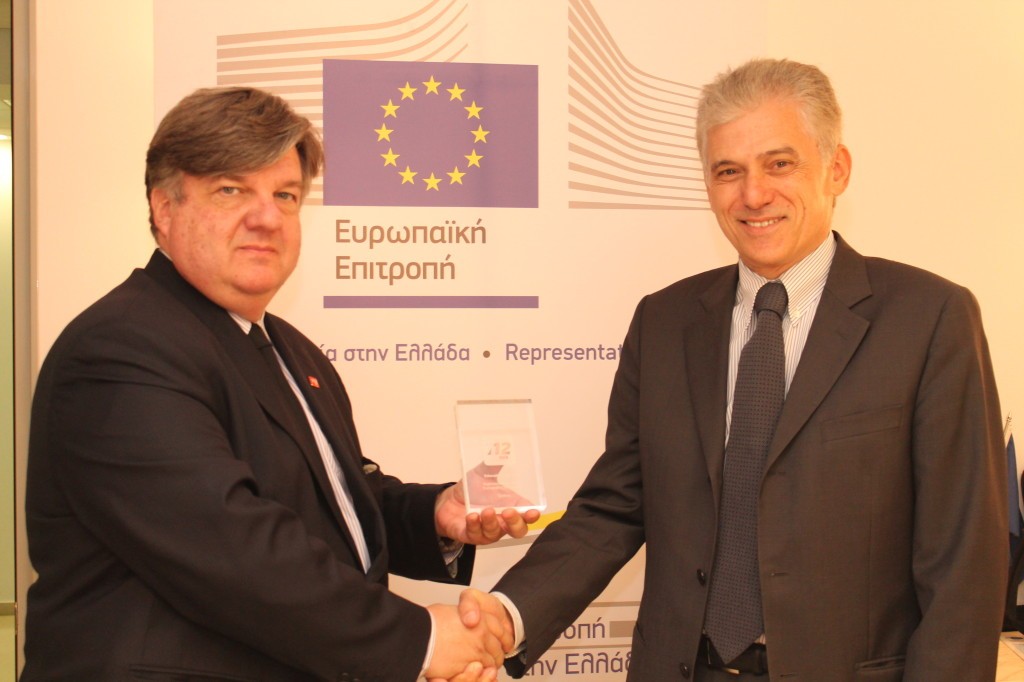
Mr. Carvounis receives the Outstanding Education on 112 Award for 2014 from Dr. Demitrios Pyrros, Chairman or the Advisory Committee of the European Emergency Number Association (EENA). The award honours the videos on the European Emergency call number 112 produced by the Representation.
Face-to-face communication is of course irreplaceable. That is why we, often organise not only press conferences in Athens but also regional press seminars all over Greece in order to engage regional journalists in EU affairs. Also in the regions, we assist the operation of a network of European Information Centres (network Europe Direct). Working in “the other direction” or extrovertly one could say, we have invited foreign journalists so as to assist our host country in combatting stereotypes and give our guests the chance to have a first-hand experience of Greece and Greeks, getting accurate information and an accurate picture of the country.
A special kind of focus could not but be given to the young, to the new generation, to our future! Having realised that the educational system is often missing a European dimension, in recent years we have been trying to compensate this through our programme Teachers for Europe (or T4E). The programme will enter soon its fourth year and is organised in collaboration with the Office of the European Parliament in Greece and the Ministry of Education. Through it, primary school teachers acquire relevant knowledge and skills in order to teach their students issues ranging from EU institutions to European identity and history. In this way, we strive to contribute to the making of tomorrow’s European citizens. Up to now, more than 10,000 students have been reached!
The pan-european initiative “Back to School” is, as indicated by its name, yet another school related programme. It involves EU officials heading “home” and talking to students in their former secondary schools about their personal experience on how the EU works and what’s in it for them. It is an effort on the side of European institutions to put a face on Europe for young people and bring the institutions to the people rather than the other way around. This year, with the occasion of the Greek Presidency in the first half of 2014, many colleagues and I will be going to our old schools during October and November and we are really looking forward to it!
Youth on the Move is also an initiative aiming the young. This year the event, part of an EU-wide initiative to improve young people’s education and employability through mobility, took place in Kalamata in mid-September. Many Greek institutions and ministries participated, with presentations and happenings and disseminating information on EURES, ERASMUS+ and other programs that can assist Greek youth in achieving a brighter safer future.
Finally, in 2013, European Citizens’ Year we also put together a network of youth organisations all over Greece.
With all these activities, and more, we strive to demonstrate how the EU is relevant to citizens’ lives beyond economics. It is important to us to be as close to and as direct with Greek citizens as possible. After all, Europe is not a group of institutions; Europe is its people. What is more, most of us at the Representation are Greeks. Which means that we need to strike a balance between being Greeks in Europe on the one hand and Europeans in Greece on the other.
Photos from the activities of the European Commission in Greece –
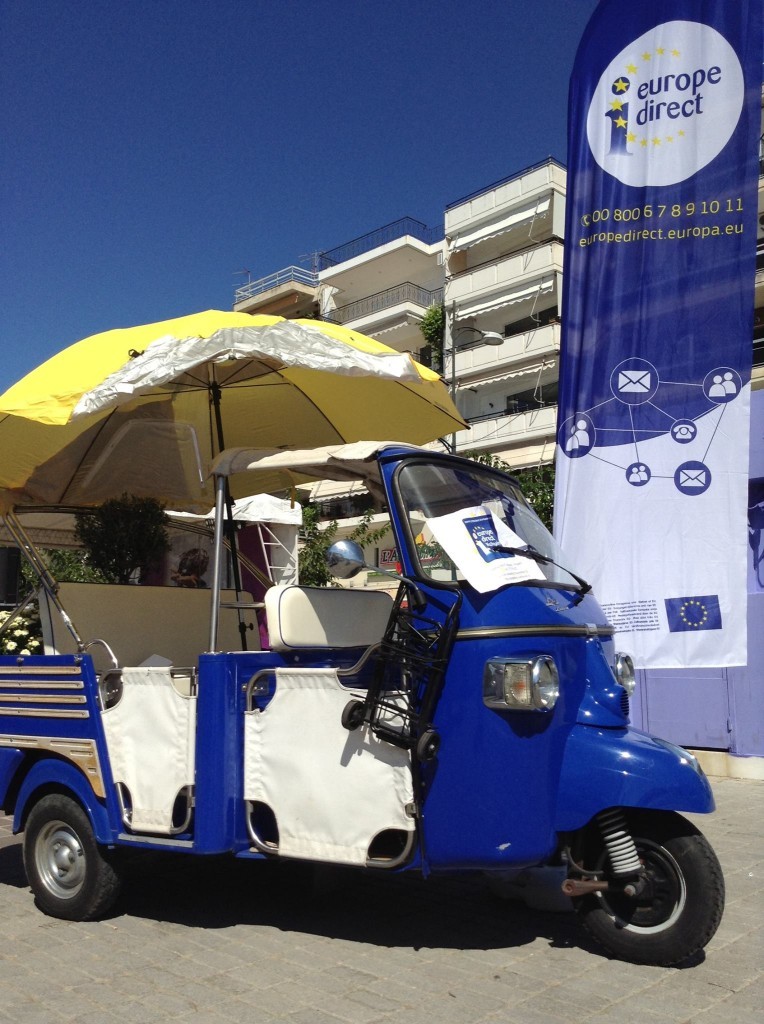
EUROPE DIRECT is an information network across Europe, designed to answer all the citizens’ needs concerning the European Union. As part of this network, the City of Augsburg runs a Europe Direct information centre since May 2007.

Maria Damanaki, the Greek European Commissioner for Maritime Affairs and Fisheries with a cue card that says “Viability”
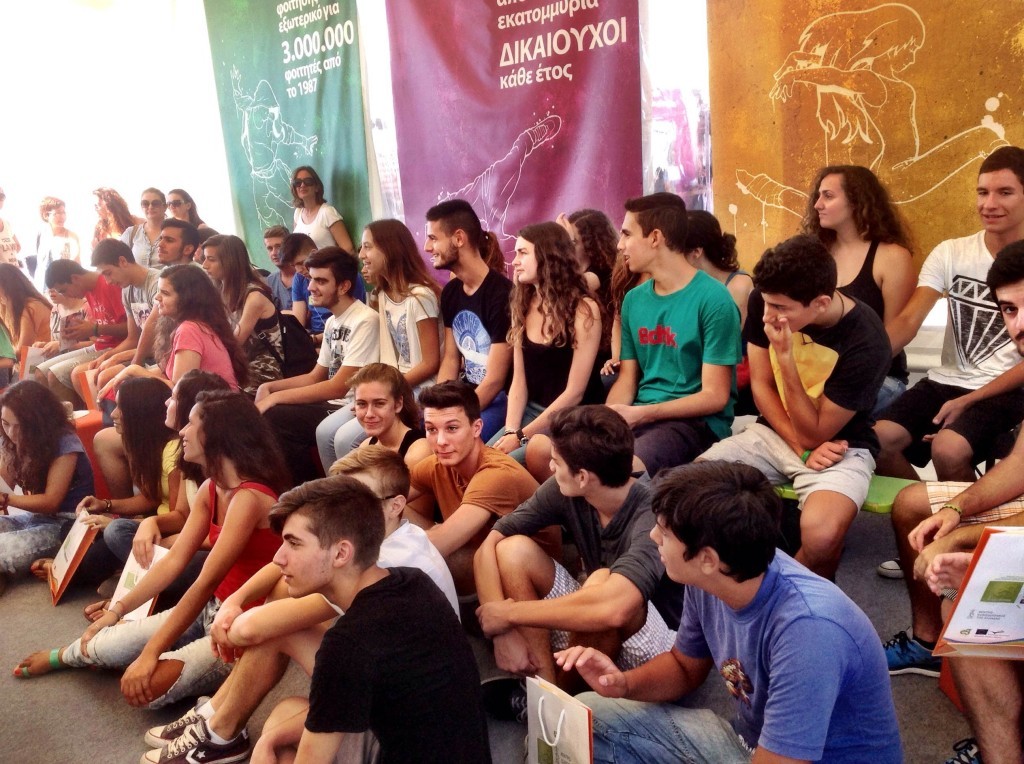
“A special kind of focus could not but be given to the young, to the new generation, to our future!”
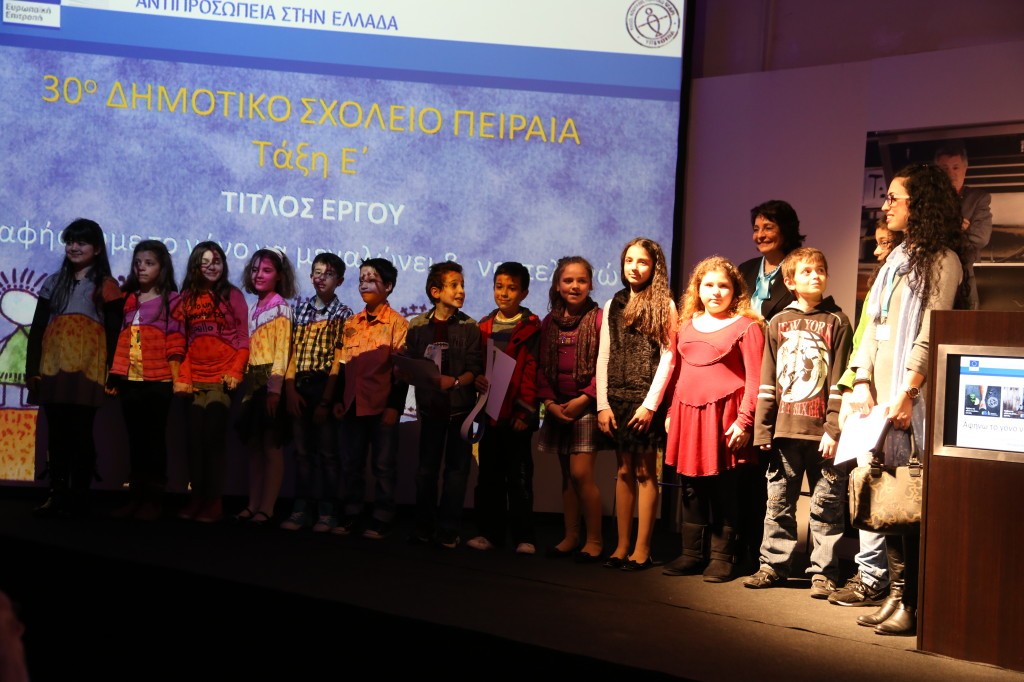
Commissioner M. Damanaki meets with Primary School Children of the Piraeus district as part of the “Size does matter” initiative of the EC’s Directorate General for Maritime Affairs and Fisheries
Who is Mr. Panos Carvounis?
Panos Carvounis, the Head of the Representation of the European Commission in Greece, was born in Patras. He studied Law at the University of Athens and Paris and in 1982 was proclaimed “Docteur d’Etat” in Law by the University of Paris-Pantheon/Sorbonne. He speaks French and English fluently and has worked at the European Commission since 1982. He has been at the help of the Greek representation since November 2010.
Prior to that he has worked for the Directorate-General for Energy of the Euorpean Commission in a number of advisory and managing capacities, including as head of the Unit “Energy Co-operation with non-EU countries”. From March 1999-May 2000 he was the Director for “Small Businesses, Commerce and Distribution, Co-operatives, Mutuals, Associations and Foundations” in Directorate-General for Enterprise Policy of the European Commission. In the decade prior to heading the Greek EC representation he had exercised successive duties at the European Commission Directorate-General Press and Communication, the function of Principal Adviser, Director, Deputy Director-General and Director-General.
Ask me anything
Explore related questions
